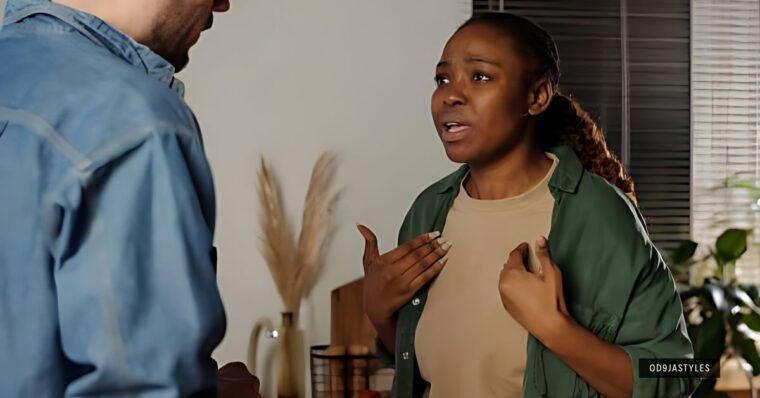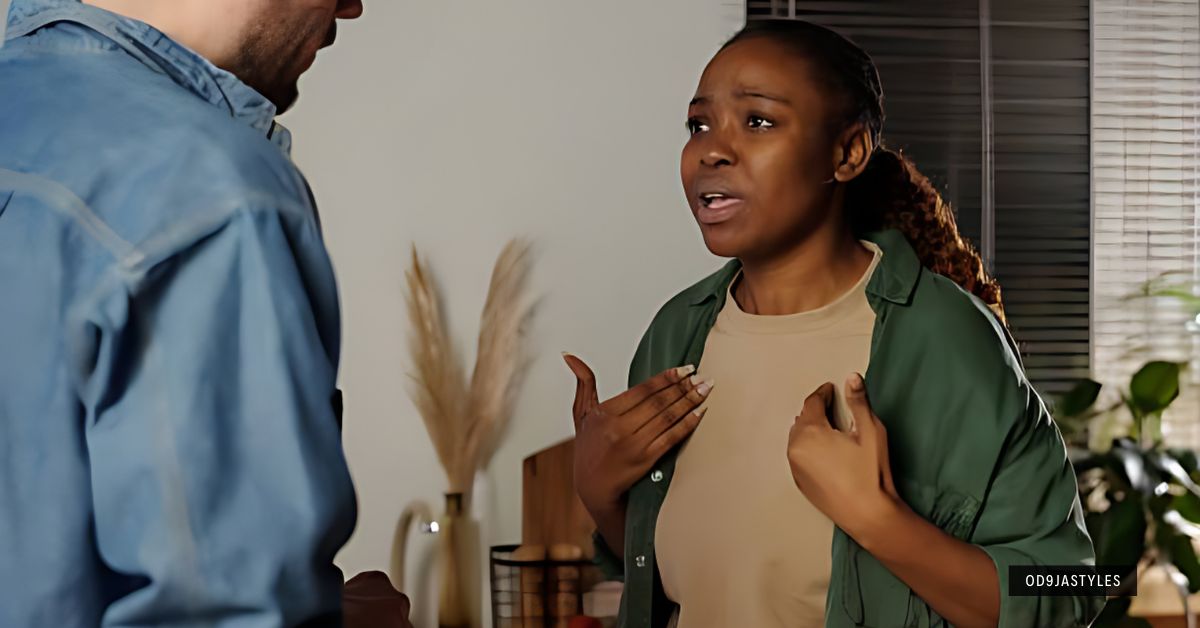Why do people make excuses in a relationship? Have you ever wondered why people make excuses in relationships? Whether it’s a romantic partnership, a close friendship, or a familial bond, it’s common for individuals to offer excuses. But what drives this behavior? What causes people to come up with justifications, even when they know it’s not the best course of action? In this article, we will explore the psychology behind this phenomenon and shed light on the reasons why people make excuses in relationships.
Why do people make excuses in a relationship?
1. Fear of confrontation:
One of the main reasons for making excuses in relationships is the fear of confrontation. Confronting conflict or having difficult conversations can be intimidating and uncomfortable. People often make excuses to avoid potential conflicts or uncomfortable discussions altogether. By providing an excuse, they hope to avoid confrontations and maintain the status quo.
2. Preserving self-image:
Another common reason for making excuses is the desire to preserve one’s self-image. Everyone wants to be seen in a positive light and maintain a favorable reputation. Making excuses allows individuals to avoid taking responsibility for their actions, therefore protecting their self-image. By shifting blame onto external factors, they can prevent negative perceptions of themselves.
3. Avoiding personal accountability:
Making excuses in relationships can often be attributed to the avoidance of personal accountability. Accepting one’s mistakes, flaws, or shortcomings can be challenging. Excuses become a way to shift blame onto external circumstances, absolving oneself of any responsibility. By avoiding personal accountability, individuals can evade the consequences of their actions.
4. Preserving relationships:
Sometimes, people make excuses in relationships to preserve the bond and avoid potential harm. They fear that admitting their mistakes or acknowledging their flaws could lead to conflict or the end of the relationship. Making excuses becomes a coping mechanism to maintain harmony and keep the relationship intact. The belief is that preserving the relationship at any cost is more important than taking responsibility for one’s actions.
5. Lack of effective communication skills:
Poor communication skills can contribute to the prevalence of excuses in relationships. Individuals who struggle to express their thoughts, feelings, or concerns effectively may resort to making excuses to avoid difficult or uncomfortable conversations. Making excuses becomes a defense mechanism for those who find it challenging to communicate openly and honestly. Developing better communication skills can help reduce the reliance on excuses in relationships.
6. Fear of disapproval or rejection:
The fear of disapproval or rejection is a powerful motivator for making excuses. People worry that admitting their mistakes or taking responsibility for their actions will result in negative judgment or rejection from their partners. As a defensive mechanism, they make excuses to protect themselves from potential harm. Overcoming this fear requires building trust and creating an environment where individuals feel safe expressing themselves without fear of judgment or rejection.
7. Perfectionistic tendencies:
Perfectionism can fuel the habit of making excuses in relationships. Individuals with perfectionistic tendencies often strive for an idealized image of themselves or their relationships. When faced with imperfections or mistakes, they resort to making excuses to maintain the illusion of perfection. Letting go of the need for perfection and embracing vulnerability can help break free from the habit of making excuses.
8. Difficulty accepting criticism:
Making excuses can serve as a defense mechanism for individuals who struggle to accept criticism. Rather than facing potential criticism or admitting to their mistakes, they deflect blame by making excuses. This behavior allows them to avoid the discomfort and vulnerability that come with accepting constructive feedback. Cultivating a growth mindset and embracing constructive criticism can help individuals overcome the inclination to make excuses.
9. Lack of trust and emotional safety:
In relationships where trust and emotional safety are lacking, individuals may resort to making excuses. They fear judgment or ridicule from their partners, so they use excuses as shields to protect themselves from further harm. Building trust and creating a safe space where individuals feel comfortable expressing themselves can alleviate the need for excuses. Open communication and empathy play a significant role in establishing a safe and supportive relationship environment.
10. Habitual patterns from childhood:
The tendency to make excuses can be deeply rooted in childhood experiences. If individuals grew up in an environment where making excuses was tolerated or encouraged, they may continue this behavior in their adult relationships. Breaking these patterns requires self-awareness and a conscious effort to change. Recognizing the impact of childhood experiences can help individuals break free from the cycle of making excuses and cultivate healthier relationship dynamics.

Conclusion
Understanding why people make excuses in relationships involves exploring complex human emotions, fears, and behaviors. Recognizing these underlying reasons can help individuals within a relationship foster open communication, trust, and accountability. Overcoming the habit of making excuses can lead to healthier, more fulfilling relationships built on honesty and understanding. Let us strive to create relationships that encourage open dialogue, personal growth, and mutual support.

















